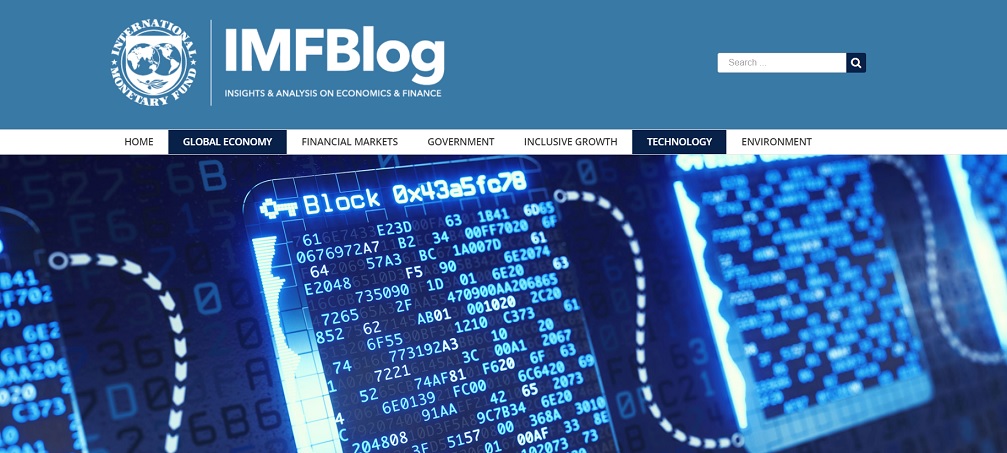
Crypto mining and data centers now account for 2 percent of global electricity use and nearly 1 percent of global emissions, and their footprint is growing, according to an IMF blog article. Crypto mining could generate 0.7 percent of global carbon dioxide emissions by 2027. Extending the analysis to data centers (based on IEA estimates), means their carbon emissions could reach 450 million tons by 2027, or 1.2 percent of the world total.
What do crypto assets and artificial intelligence have in common? Both are power hungry.
Because of the electricity used by high-powered equipment to “mine” crypto assets, one Bitcoin transaction requires roughly the same amount of electricity as the average person in Ghana or Pakistan consumes in three years. ChatGPT queries require 10 times more electricity than a Google search, due to the electricity consumed by AI data centers.
As the below chart shows, crypto mining and data centers together accounted for 2 percent of world electricity demand in 2022. And that share is likely to climb to 3.5 percent in three years, according to our estimates based on projections from the International Energy Agency. That would be equivalent to current consumption of Japan, the world’s fifth largest electricity user.

The climate impact of these activities—irrespective of their social and economic benefits—is cause for concern. A recent IMF working paper found that crypto mining could generate 0.7 percent of global carbon dioxide emissions by 2027. Extending the analysis to data centers (based on IEA estimates), means their carbon emissions could reach 450 million tons by 2027, or 1.2 percent of the world total.
The tax system is one way to steer companies toward curbing emissions. According to IMF estimates, a direct tax of $0.047 per kilowatt hour would drive the crypto mining industry to curb its emissions in line with global goals. If considering air pollution’s impact on local health as well, that tax rate would rise to $0.089, translating into an 85 percent increase in average electricity price for miners. Such a levy would raise annual government revenue of $5.2 billion globally and reduce annual emissions by 100 million tons (around Belgium’s current emissions).
For data centers, a targeted tax on their electricity use would need to be set at $0.032 per kilowatt hour, or $0.052 including air pollution costs. It is slightly lower than for crypto because data centers tend to be in locations with greener electricity. This could raise as much as $18 billion annually.
The situation today is the opposite: many data centers and crypto miners enjoy generous tax exemptions and incentives on income, consumption, and property. Considering the environmental damage, the lack of significant employment, and pressures on the electrical grid (possibly raising prices for households and reducing demand for the use of other low emissions goods, such as electric vehicles), the net benefits of these special tax regimes are unclear at best.
Read the article in full here
Banking 4.0 – „how was the experience for you”
„To be honest I think that Sinaia, your conference, is much better then Davos.”
Many more interesting quotes in the video below: